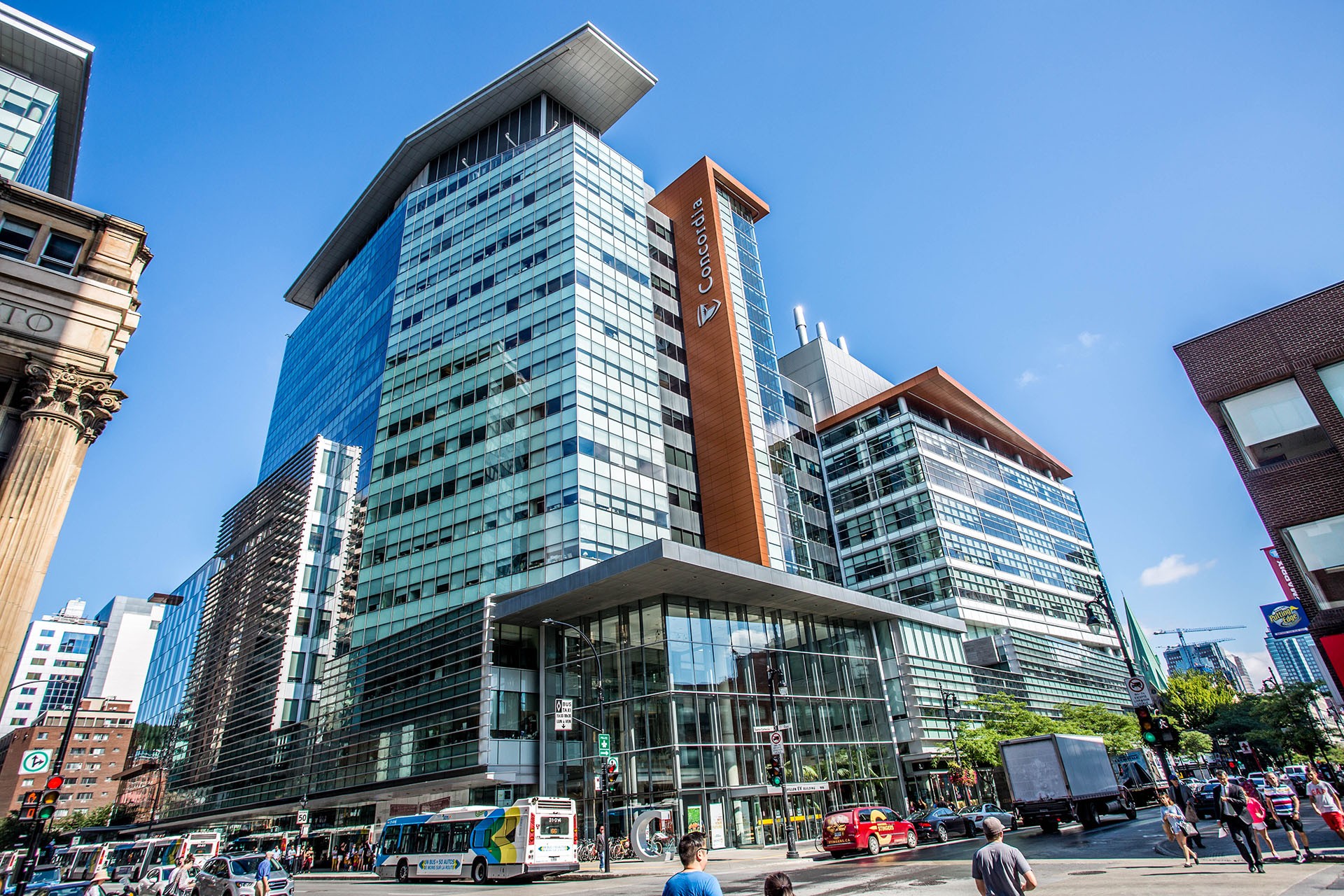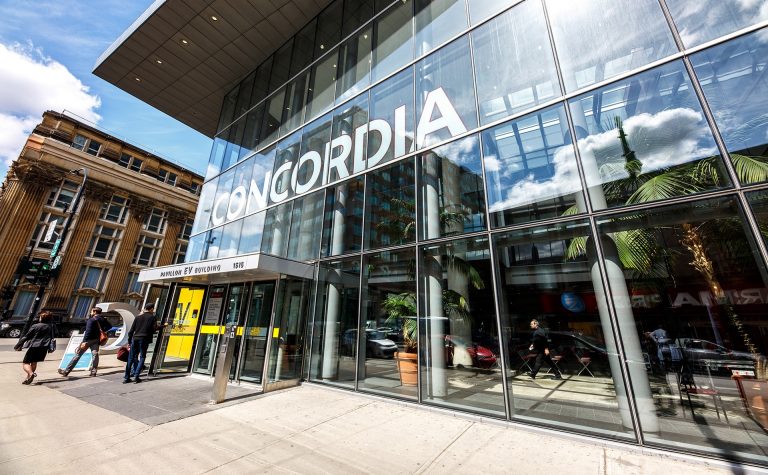The Master of Arts (MA) program in Political Science at Concordia University is designed to provide students with advanced knowledge and research skills in the field of political science. The program explores various aspects of political science, including political theory, comparative politics, international relations, and public policy.
Here is a general overview of the MA program in Political Science at Concordia University:
Core Courses: The program typically includes a set of core courses that cover foundational areas of political science. These courses may include topics such as political theory, research methods in political science, comparative politics, international relations, and public policy analysis. The core courses provide students with a solid grounding in the main subfields of political science and familiarize them with key theoretical and methodological approaches.
Elective Courses: Students have the opportunity to choose elective courses based on their specific interests and research goals. These elective courses cover specialized areas within political science, such as political economy, gender and politics, environmental politics, human rights, global governance, or electoral politics. Students can tailor their course selection to their particular areas of interest or specialization.
Research and Thesis: The MA program emphasizes research, and students are typically required to complete a research thesis as part of their degree requirements. Under the guidance of a faculty advisor, students conduct independent research on a specific topic within political science. They formulate research questions, review relevant literature, collect and analyze data, and present their findings in a thesis document. The research component allows students to develop advanced research skills and make a unique contribution to the field.
Seminars and Workshops: The program offers seminars and workshops where students can engage in scholarly discussions, present their research, and receive feedback from faculty and peers. These sessions provide opportunities for intellectual exchange, enhance students' critical thinking skills, and foster a collaborative research environment.
Teaching Assistantships: Students may have the opportunity to work as teaching assistants, assisting faculty members in undergraduate political science courses. This provides valuable teaching experience and enhances students' pedagogical skills. Teaching assistantships may involve grading assignments, leading discussion sections, or assisting with course administration.
Professional Development: The program may offer professional development activities, such as workshops on academic writing, presentation skills, and career planning. Students may also have opportunities to attend conferences, publish their research in academic journals, or engage in policy-related internships.
Show less 



